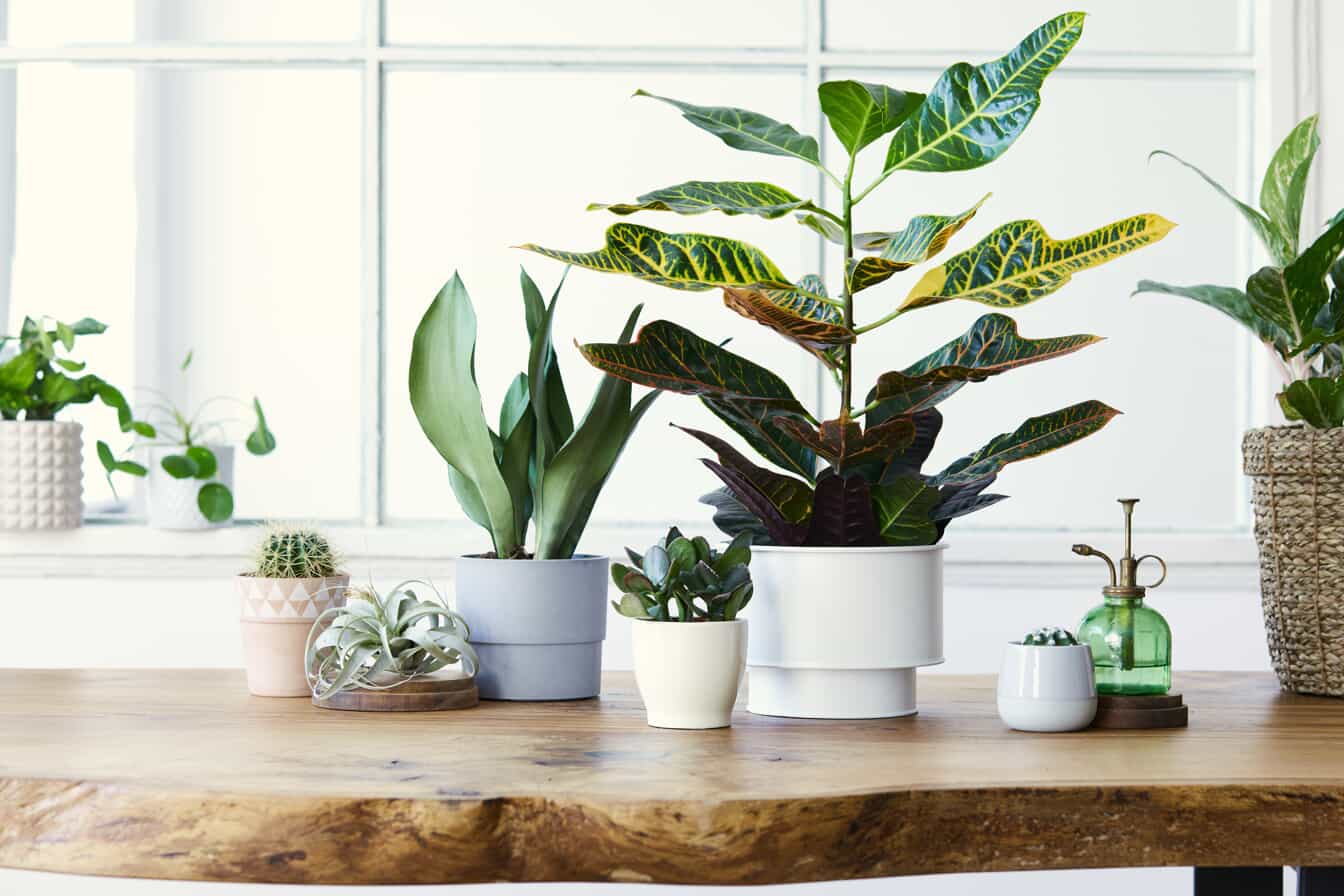The Truth About Bleach and Your Countertops
Bleach is often lauded as an inexpensive cleaner that kills germs and sterilizes kitchen surfaces. While bleach is an effective disinfectant, it does have its downsides. That’s why it may not be the best choice as a go-to cleaner for kitchen countertops. Let’s take a look at some of the reasons you might want to opt for cleaning solutions other than bleach.
Bleach and Countertop Surfaces
As you’re well aware, even when diluted, bleach is a strong and abrasive cleaner. Because of this fact, it just doesn’t play well with most kitchen countertops.For example, counters made of stone materials like concrete or granite are protected with sealants. But bleach can eventually eat through this sealant, meaning you may have to re-seal your countertops sooner than you planned. Additionally, if you don’t realize your seal has been compromised, the bleach could damage the countertop itself.
Homeowners or renters with laminate countertops may also want to steer clear of bleach. Though laminate is fairly hardy, it’s not the most durable substance in the world. Bleach can damage the laminate countertop or can cause permanent discoloration.
The Effects of Bleach on Your Health
While household bleach isn’t toxic, it can irritate your eyes, mouth, lungs and skin. People with asthma and respiratory problems may be more prone to experiencing irritation from bleach than those without these medical issues. Additionally, if you have kids in the house, you’ll want to store bleach bottles well out of their reach, as it can damage human tissue internally and externally.If You Must Clean With Bleach
If you’re set on cleaning with bleach, you need to make sure you do it properly. Here’s a list of steps that you should follow:
Step 1. Before you do anything, check the manufacturer’s recommendations in regards to cleaning your countertops with bleach. You’ll find that for most types of counters, cleaning recommendations specifically call for non-bleach products. If you decide to clean a countertop with bleach without checking the manufacturer’s instructions, remember you do so at the risk of permanently damaging your countertop.
Step 2. Even if the manufacturer gives you the OK to clean with bleach, you’ll want to do a spot test on a small, unnoticeable area of the countertop. You’ll also want to follow (to the letter) the manufacturer’s instructions regarding diluting the bleach.
Step 3. When combined, certain household products can create extremely dangerous gases. So if you’ve recently used other commercial cleaners, vinegar or ammonia on your countertops, you should not use bleach. Really. You can seriously injure yourself if you do.
Step 4. As we’ve discussed above, bleach can irritate your lungs and eyes. Even when working with diluted bleach, you want to make certain your room is well ventilated.
Step 5. Bleach can damage skin tissue, so be sure to wear gloves and keep your skin covered when working with it. Additionally, be careful when cleaning with bleach so that you don’t get any in your eyes.
Step 6. Remember, bleach is a really strong cleaner. If you opt to use it for major countertop cleaning, you may still want to stick with milder DIY solutions for daily cleaning. And don’t forget to follow the rule in Step 3!
Step 7. Follow the storage instructions on the bleach container.
While bleach is great for killing germs, it may not be the best way to clean your countertops. Wondering what to use instead? Well, Merry Maids has plenty of advice for you for cleaning your kitchen countertop, no matter the material it’s made from.
I had to take this one in a slightly different direction because in my research I found that bleach is not recommended on most countertops. Also, some of the keywords referred to getting rid of mold and disinfecting the kitchen counter. In our bathroom round, Debra’s feedback indicated that MM does not handle mold or disinfecting, so I haven’t addressed those topics.














